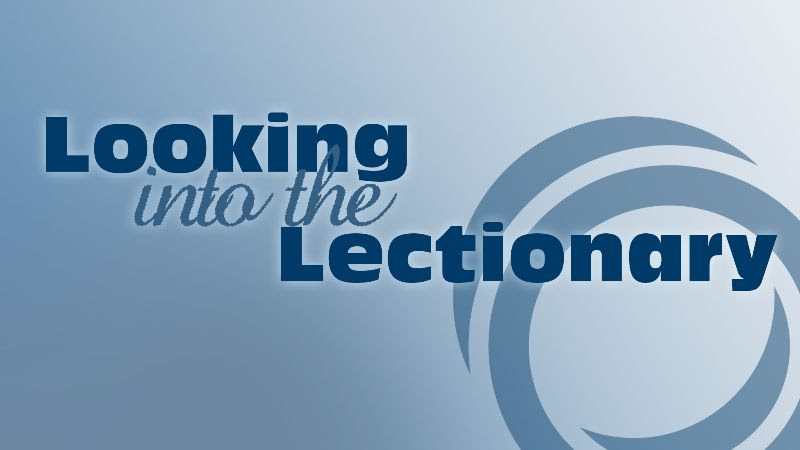Psalm 1 depicts two paths, and what’s striking about the path of the wicked is that we are never told what makes them “wicked.” Did they lie, steal or cheat? We don’t know. Instead, we are told they are like “chaff that the wind drives away” (v. 4). Chaff is a light, dry substance that, when caught by the wind, carries through the air in a flurry of aimless, spinning activity. In a time when many find themselves frequently overwhelmed and exhausted – endlessly carried by the winds of political favor (or disfavor), markets, and marketing – this image feels particularly resonant. And humbling. Because wickedness is not simply characterized by the big, bad obvious sins. It can be as simple as busy rootlessness, aimlessness and emptiness. We are invited, of course, to embrace the other option. That of the “blessed” in Psalm 1 — a grounded state of life that is deeply satiated, unburdened and at peace, regardless of the prevailing winds. We read that the blessed meditate upon God’s law, a verb far more active than it might first suggest. I was reminded of this many years ago when I visited the Western Wall in Jerusalem, and I saw dozens of Jewish men meditating in the biblical sense. With Scripture in hand, they stood at the wall and read in a low murmur as their bodies swayed back and forth. Their very manner of reading made clear that faithfulness to God’s word is about full, active and living embodiment. Today’s lectionary Scriptures bring forth two unlikely people from the ancient world to help us see what embodied faithfulness can look like; the first is a woman, and the second is a child. The woman (the Hebrew word for woman and wife is the same – isshah) in Proverbs 31 gives us a powerful picture of embodied faithfulness. She procures food and clothing for her family, does real estate, runs her business, actively cares for the poor, and teaches with wisdom and kindness. However, despite the incredible amount of activity, she is not compared to chaff blowing in the wind but to both “jewels” and “the ships of merchants,” images suggestive of great strength, substance and value. Indeed, she is declared chayil in verses 10 and 29. Scholar Wil Gafney notes that this description ranges in meaning from “military might/power” to “physical strength.” To be sure, many have noted that this woman seems too good to be true. ...
Thanks to this week's writer Rev. Dr. Bobby Hulme-Lippert.
Read the rest of the commentary on the website. | 










No comments:
Post a Comment